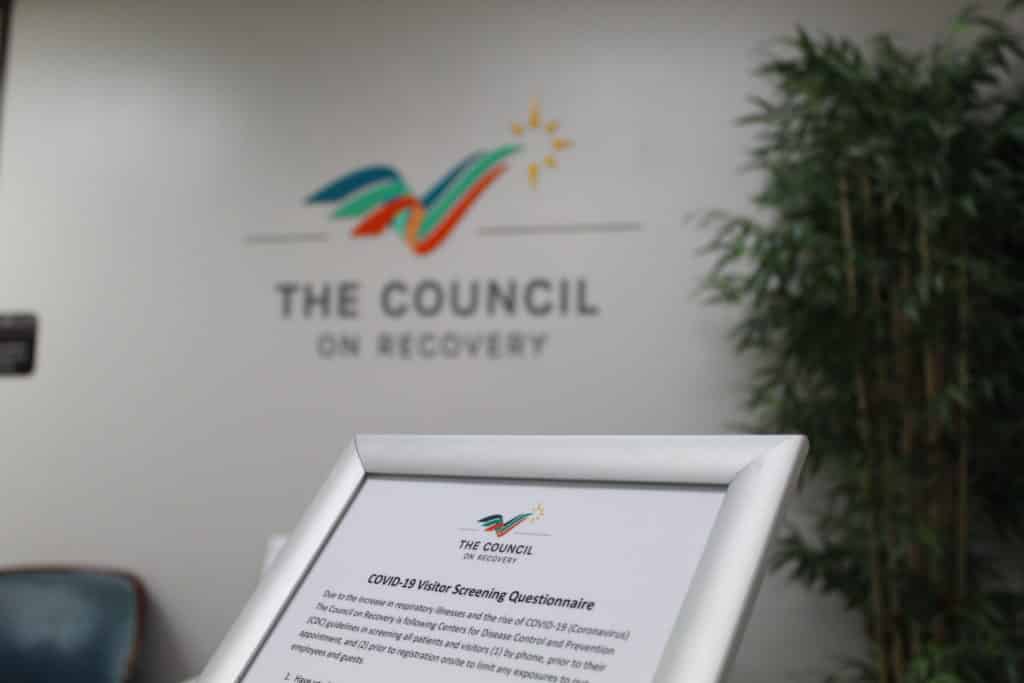Almost a year has passed since COVID-19 reached our own backyard. Within this year, we lost more than 500,000 lives, experienced historic social and political unrest, and most recently, endured a traumatic winter storm. Our community has faced a staggering amount of adversity within a relatively short timeline, so it is important to pause and reflect on these challenging events as we move forward to rebuild and recover.
Like most people, by the second week of March 2020, we understood that everything was about to change very quickly, and in a very big way. We also knew that the frightening and unprecedented nature of this global pandemic was going to inflict major, long-term damage on the collective mental health of our community, and that we needed to be ready.
Within the span of two weeks, we transformed our services to keep our staff and clients safe from this new and mysterious virus. Our quality assurance team vetted telehealth platforms, and created and trained staff on new policies and procedures. Our two-person IT team transitioned entire operations to remote work. Our intake department created new processes for virtual paperwork that met regulatory requirements. Our direct services staff phased out in-person assessments, counseling, and meetings, in favor of telehealth and other virtual services.

That was just the beginning of an unforgettable year of challenge and change. New questions arose for programs and events that often required answers that balanced both creativity and adherence to the rules and regulations of our industry and funders. How do we reach those who need our help but don’t necessarily have the technological means or knowledge to participate in our services? How do we continue to serve students in schools when most are still meeting in virtual or hybrid formats? How do we help those who benefit from support groups we cannot host in person? How can we serve those on the front lines of the pandemic who are most affected? How do we continue our cherished speaker series virtually?
As the one-year anniversary of the pandemic approaches, we wanted to take this moment to acknowledge the complexity and enormity of our collective experiences throughout the last year.
As we move toward the light at the end of this tragic year, we know that the trauma and grief from the adversities our community has faced – and continues to face – will long outlast the current circumstances. That’s why our resolve to serve the community is unwavering. The Council has learned to adapt and respond to each challenge, strengthening our ability to serve Houston and deepening our passion to help all who need us.
If you or someone you know is struggling with substance use or another mental health issue, pandemic-related or otherwise, call us at 713.914.0556 or contact us through our website today. Our qualified and compassionate intake team will get you to the help you need and deserve.
